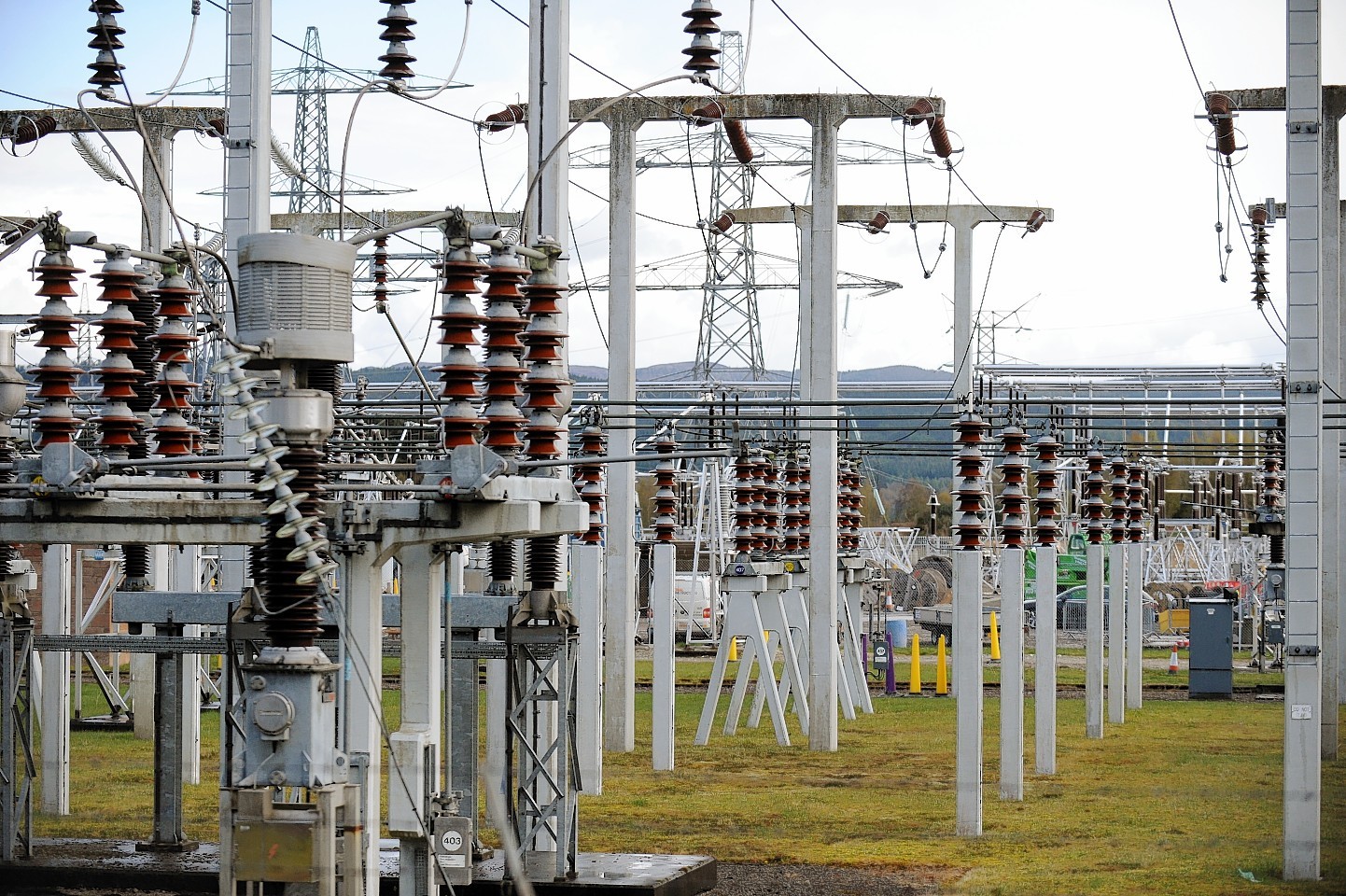The leader of Western Isles Council has demanded talks with suppliers and regulators over the high cost of electricity in the north and north-east.
Councillor Angus Campbell said it was “completely unacceptable” that hard-pressed families in the area were paying 2p per unit extra for power.
The Press and Journal highlighted the issue last week after fuel campaigners said the additional charges were pushing rural households into poverty.
Kevin Stewart, SNP MSP for Aberdeen Central, has since tabled a motion in Holyrood calling for the devolution of energy market regulation, and Labour’s Shadow Energy Minister Tom Greatrex warned of an “energy bill crisis” in a speech in the Granite City yesterday.
Western Isles Council is now seeking urgent talks with SSE and the regulator Ofgem to demand an explanation.
Mr Campbell said: “Not only are people in the Highlands and Islands being charged 2p per unit more than the rest of Scotland, we also face higher charges for the transmission of energy out of our area.
“So we are faced with a double whammy – particularly as much of that electricity is produced in the Highlands and Islands.
“At the same time we have the highest fuel poverty figures in the UK.
“To impose an additional burden on the people of the Highlands and islands is completely unacceptable and completely contradicts the principle of universality.
“We will be contacting SSE as a matter of urgency and we would also ask the Scottish Government to intervene.”
Energy regulator Ofgem has defended regional pricing, highlighting the fact that about 23% of a dual fuel bill is made up of network costs.
Officials said the different rates “reflect the cost of running the network in that area, and the same methodology applies across Britain, resulting in regional variations”.
Richard Westoby, retail economics director at power giant SSE, said the company had been campaigning for a “flattened out” national approach to pricing, so every community in Britain pays the same amount.
